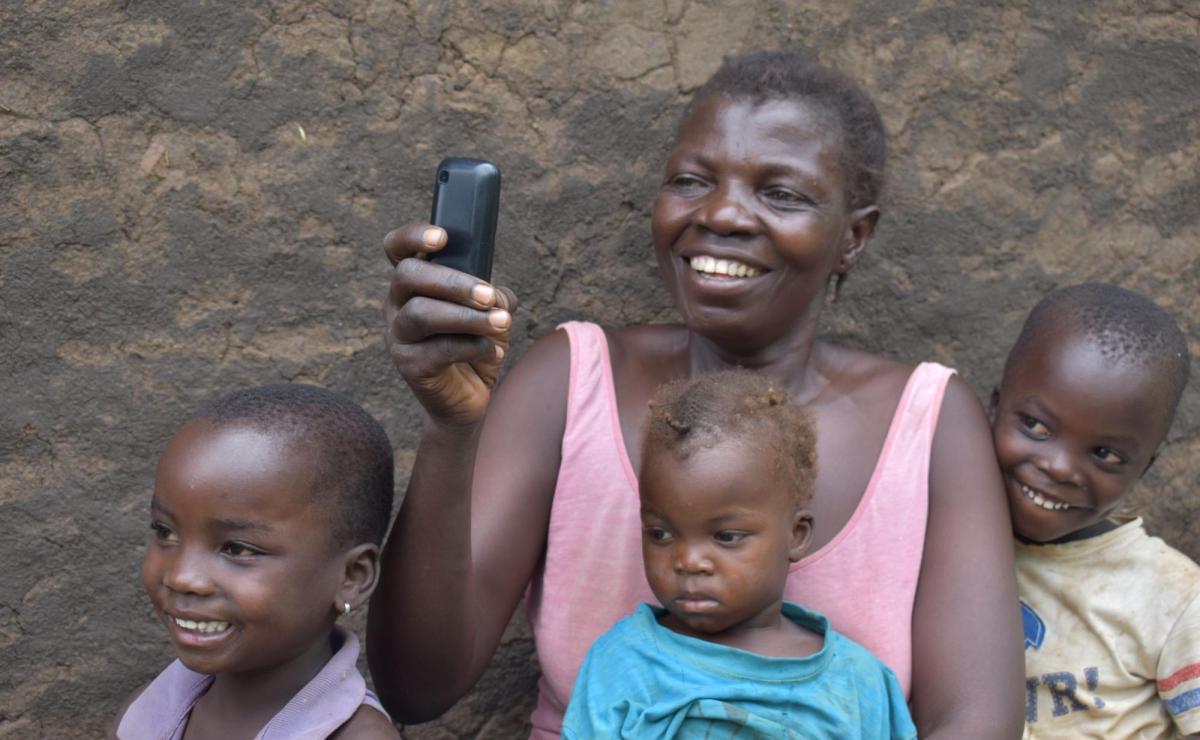Uganda Cash Consortium receives €6m from the EU to provide cash assistance to refugees

The Uganda Cash Consortium (UCC), led by the Danish Refugee Council in partnership with LWF and the Uganda Red Cross Society (URCS), has received an additional UGX 22.6 billion (€6m) from the EU to continue the provision of cash-based assistance across targeted refugee settlements in Uganda.
With the additional funding from the European Commission, the UCC will support over 60,000 of the most vulnerable refugees within settlements in the Southwest (Kyaka II, Kyangwali and Nakivale) and West Nile (Imvepi, Palabek and Rhino settlements) regions of Uganda.
This phase of the UCC’s support is commencing as Uganda hosts over 1.5 million refugees from its neighbouring countries, with 22,118 new arrivals from South Sudan and 50,751 from the Democratic Republic of Congo since the start of 2022.
As part of the UCC’s intervention, more than 37,200 refugee community members will benefit from unconditional, multipurpose cash assistance designed to assist individuals and households in meeting their basic needs. The assistance will be provided monthly over the course of six months. As part of the action, the UCC is integrating a new referral mechanism to better link to and assist referred beneficiaries from other agencies across settlements.
Additionally, cash for Education in Emergencies (EiE) will be provided to over 23,800 children and adolescents who are currently out of school or at risk of dropping out. This assistance will be provided during the third term in 2022 and 2023.
“Evidence and experience show us that providing multipurpose cash grants to highly vulnerable refugees is the best way to efficiently assist them, respecting their dignity, as they can decide by themselves their priorities. Moreover, this financial assistance has a multiplier effect in local economies, as refugees procure whatever they need from local vendors, many of them being Ugandans”, said Mr Bruno Rotival, Head of the EU’s Humanitarian Aid office in Uganda.
“Financial barriers are among the main ones preventing refugee children from accessing and remaining in school. The provision of cash grants will enable us to address it in compliance with the Government strategies”, added Mr Rotival.
The UCC welcomes the United Nations Capital Development Fund (UNCDF) as a new consortium partner. UNCDF will provide a key role in supporting the consortium’s efforts to scale up and promote accessibility and uptake of digital payments across settlements.
“The Danish Refugee Council thanks the EU for the continued financial support to respond to the humanitarian needs of refugees in Uganda and for their ongoing efforts to maintain attention to the unique challenges of assisting the over 1.5 million refugees hosted in the country. With our partners, URCS and UNCDF, LWF under the UCC aim to continue to demonstrate the effectiveness of cash assistance within the humanitarian response and the important role such assistance plays in supporting individuals to not only meet their basic needs but also to rebuild their lives in Uganda”, said Patrick Phillips, Danish Refugee Council Head of Programme.
-END-

